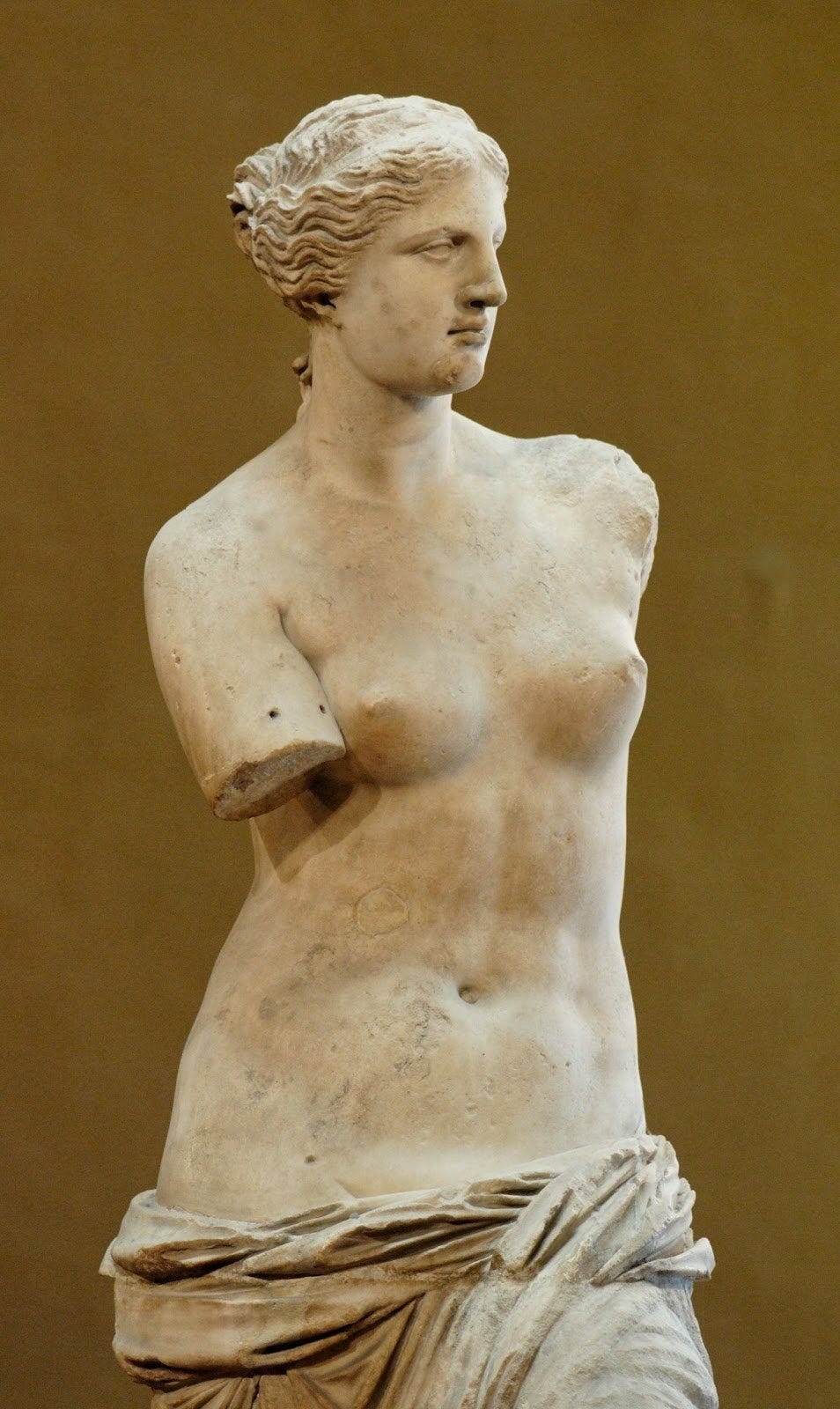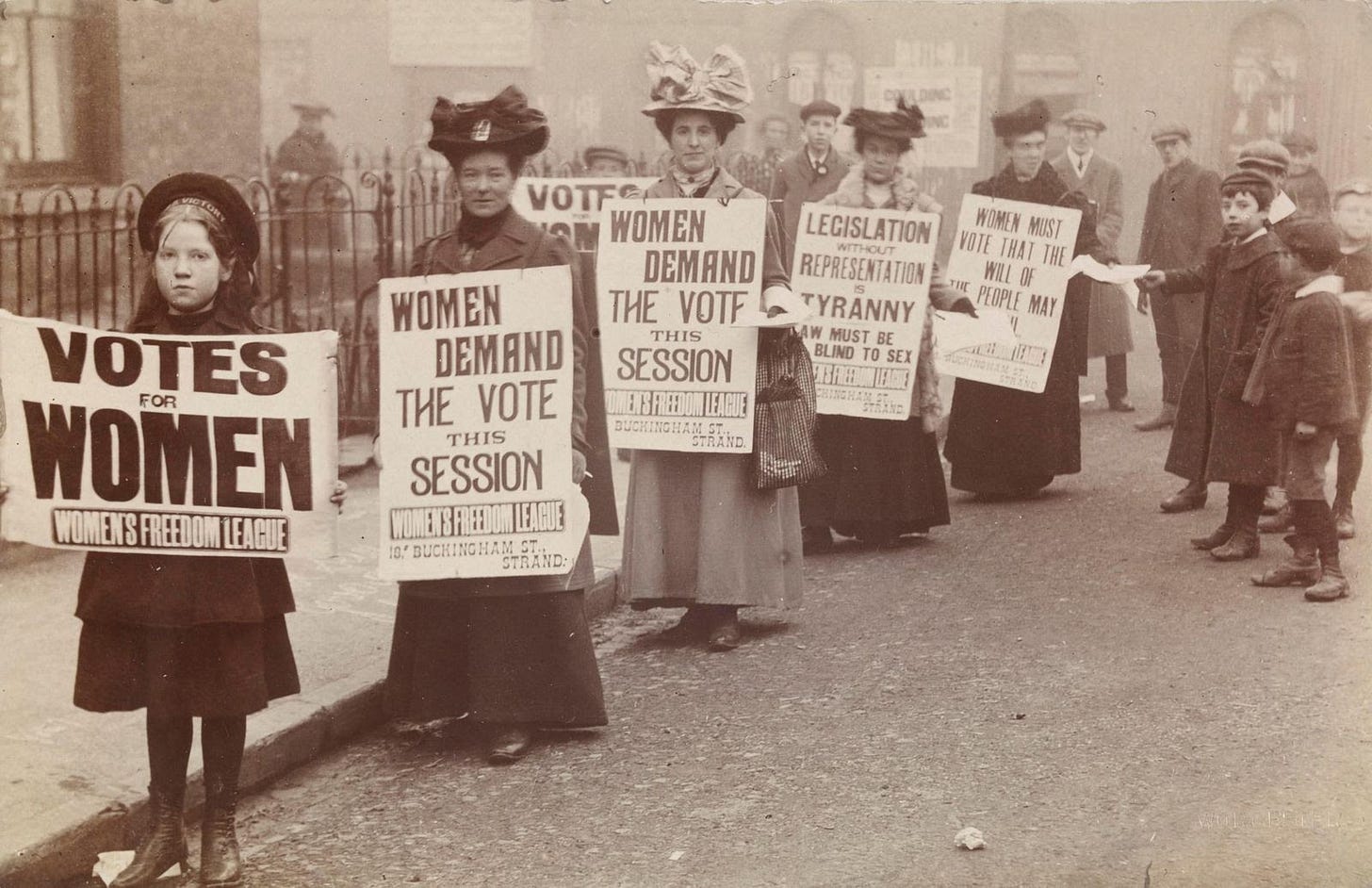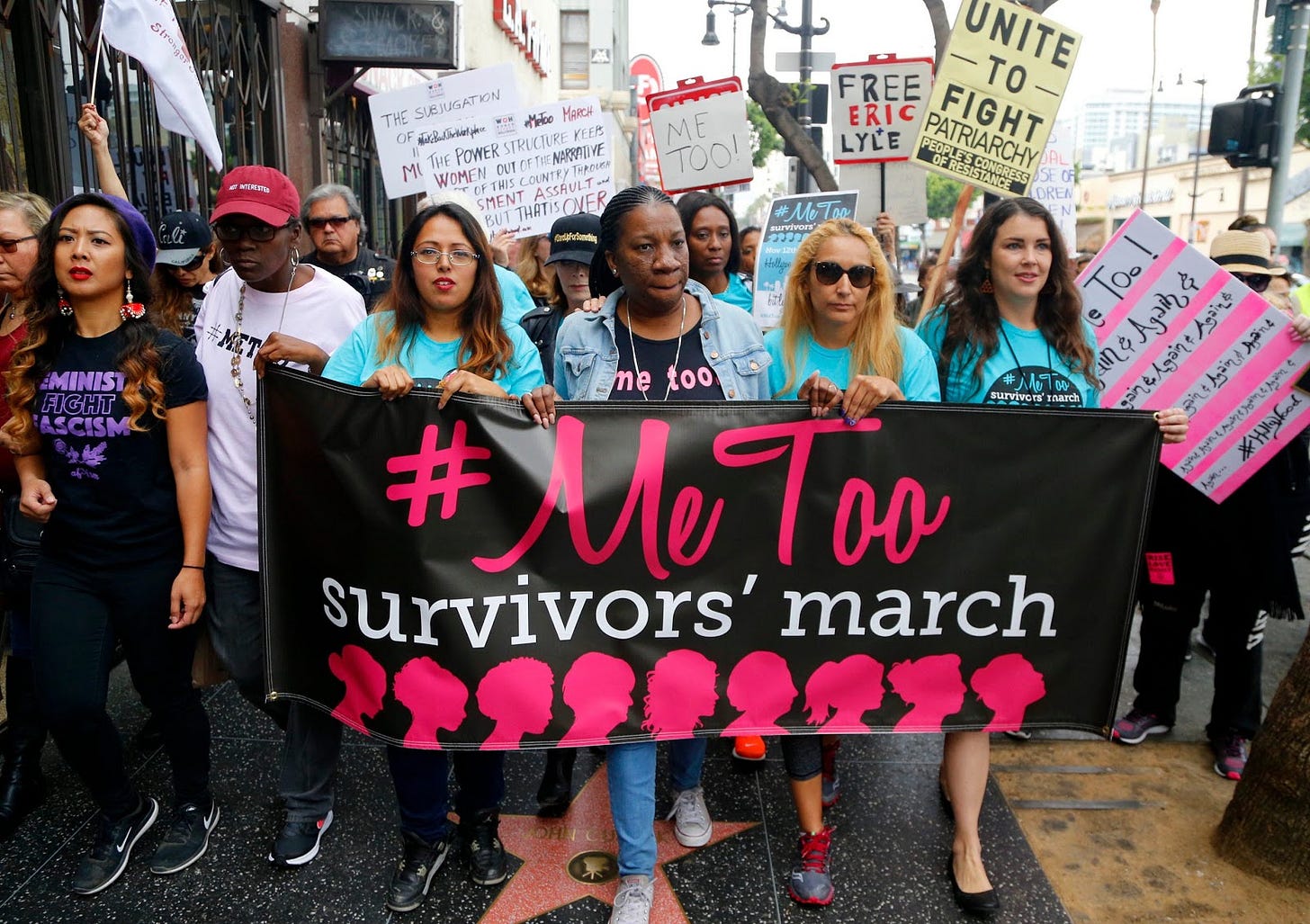-Monthly Sustainable Development Goal: Gender Equality
Feminist History:
Just a quick note before I begin, I am modifying the Ordinary With Extraordinary newsletter to improve it and have decided to spotlight a monthly issue/topic. The first story of the month will highlight the historical elements of the issue that remain significant to its current status. The second story will be a personal account and action towards the social issue, meaning I will interview a person advocating for the issue and how they go about doing it. The third story will be an opinion and editorial page based on my views of the issue. The last post for the month will be a collection of resources for you to explore further and ignite your action. I plan to use the sustainable development goals, crafted by the United Nations, as a lens for each month. The whole point of this is to understand the depth behind our society's systemic issues, what ordinary citizens are doing about it, and what you can do about it. Please share this newsletter with others who you feel will benefit from my writing.
Women have been undermined in society throughout history. I feel it is essential to visualize the timeline of women's history and the feminist movement. "Feminism is a belief in the political, economic and cultural equality of women." In the past, women collectively advocated for their rights and called themselves "feminists." The 1960s was claimed to be "a decade of extremes, of transformational change and bizarre contrasts." because of how abundant the movement was at the time. Nowadays, fighting for women's rights is too often synonymous with man-hating. Women are deciding to not identify with being a feminist. This is an issue on its own that holds so much weight on the continual progress of women's rights. Feminism is not about a hierarchy; in fact, it is wholly opposed to social hierarchies. Feminism is about being on the same path as your peers, no matter your identity.
In ancient Greece, research shows that women were oppressed. The Collector's news site found that "Ironically, Aphrodite, Goddess of Love, was trapped in a loveless marriage; Athena, wisest of beings, always deferred to Zeus."

Greek mythology does not have to be critically analyzed to find the marginalization of women. Zeus as a figure can be often embellished with his domineering, assertive personality. He had great control over the lives of others, and his forceful power illustrates the man-centric design of both heavenly and mortal society. Greek mythology revealed a semblance of daily life in Greece where women were dependent on men's power and safety yet was vulnerable to their actions. Women in ancient Greece had no control over their bodies and souls. As time moves on, we can see patterns in the way women are treated in society.
In the United States in 1920, the suffragettes (members of the activist women's organization) fought for their rights to vote in public elections. This was a massive moment in history because it meant that women's voices would be listened to.

African American women were in a challenging position as the 19th Amendment was passed. It was celebrated that the fight was over, yet most black women were still not considered. The white suffragettes opposed the passage of the 15th Amendment, which states the rights of someone despite their race or color. Frances Ellen Watkins Harper said: "When it was a question of race, I let the lesser question of sex go. But the white women all go for sex, letting race occupy a minor position." I recently learned of intersectionality, which is the idea of multiple socially significant identities overlapping on a systemic disadvantage. The black suffragettes held multiple identities that coincided with their discrimination and further lead to their voices being marginalized as white women gained various privileges.
Now we will jump into the more modern-day women's rights movements. I want to focus on a movement that has not only empowered women to share their voices but fight for a just society. The #MeToo movement has gained many followers that advocate for women's safety by educating, protesting, and changing systems around sexual assault.

The statistics around men raping women are horrid. Donald J Trump was accused by numerous women of sexual assault and never spent any time in prison for it. On his inauguration day on January 21, 2017, over 3 million people worldwide held simultaneous demonstrations against his presidency and spread the message about women's rights in our society. The #MeToo movement has held a massive platform in the past four years. Women worldwide share their accounts of this hideous issue, which spreads awareness and educates every generation.
It is encouraging that one of the sustainable development goals from the United Nations is focused on gender equality and women empowerment. Hopefully, this goal will continue to prosper and grow to the point where all genders can become equal. I would also like to acknowledge that women have achieved so much over these years, and it is worth your time to appreciate the work that these movements have done.
Next week is a personal account from someone who has fought for women's rights.
Sources:
https://www.thecollector.com/the-tragedy-of-greek-goddesses-feminism-in-ancient-greece/
https://www.thelily.com/how-racism-tore-apart-the-early-womens-suffrage-movement/?

Interesting as the Bill and Melinda French Gates story is developing around the world too. An urge for her to read a #metoo letter written by a former employee of his.
Another great essay, Dear Ruby. You are wise beyond your years!